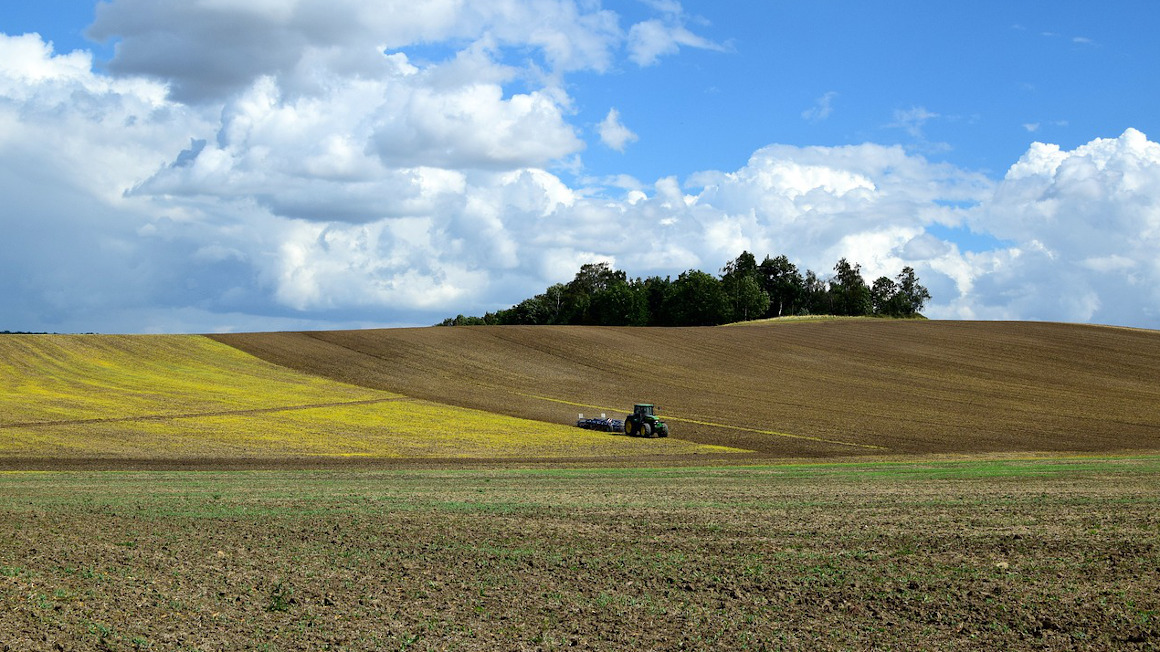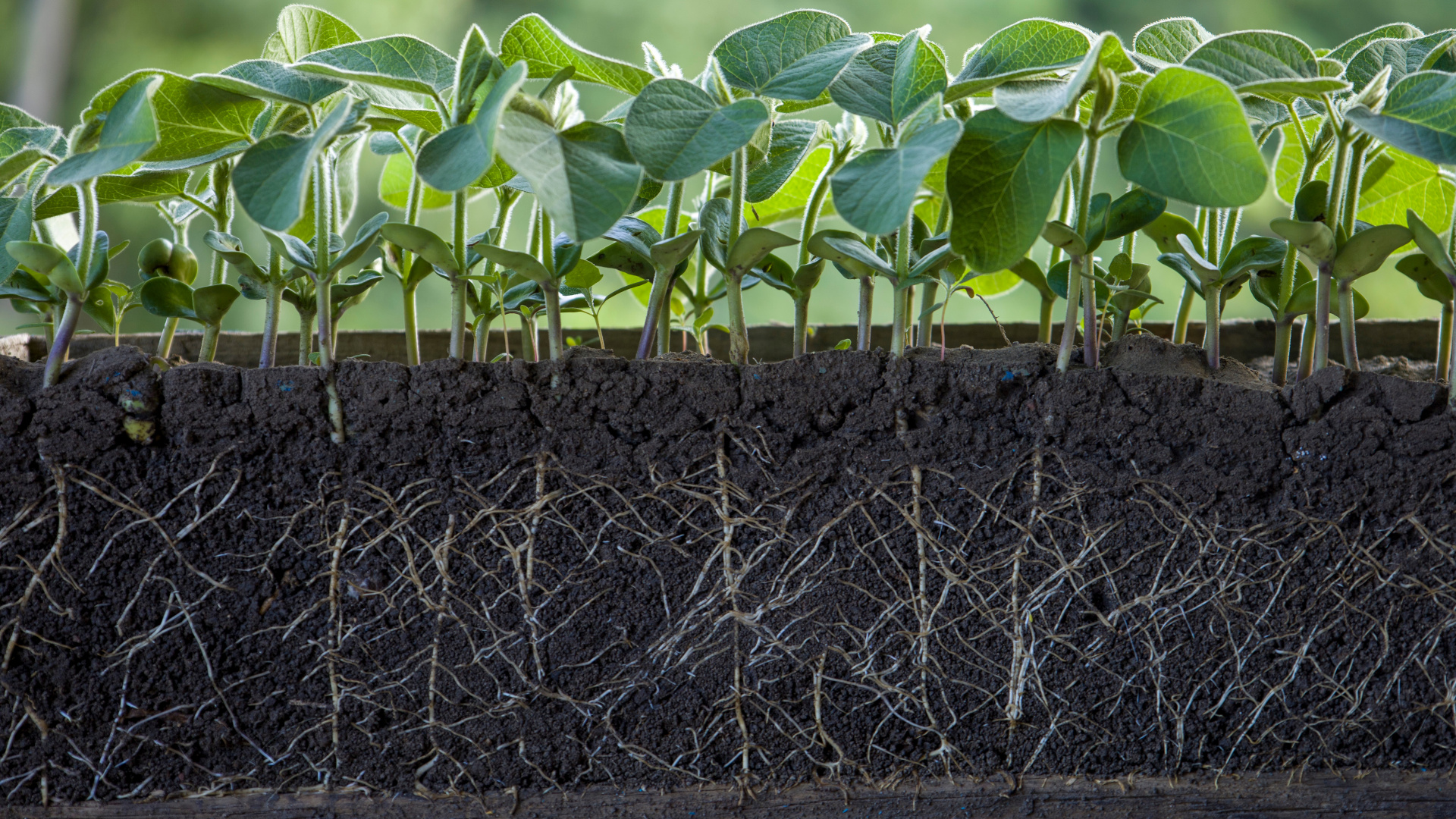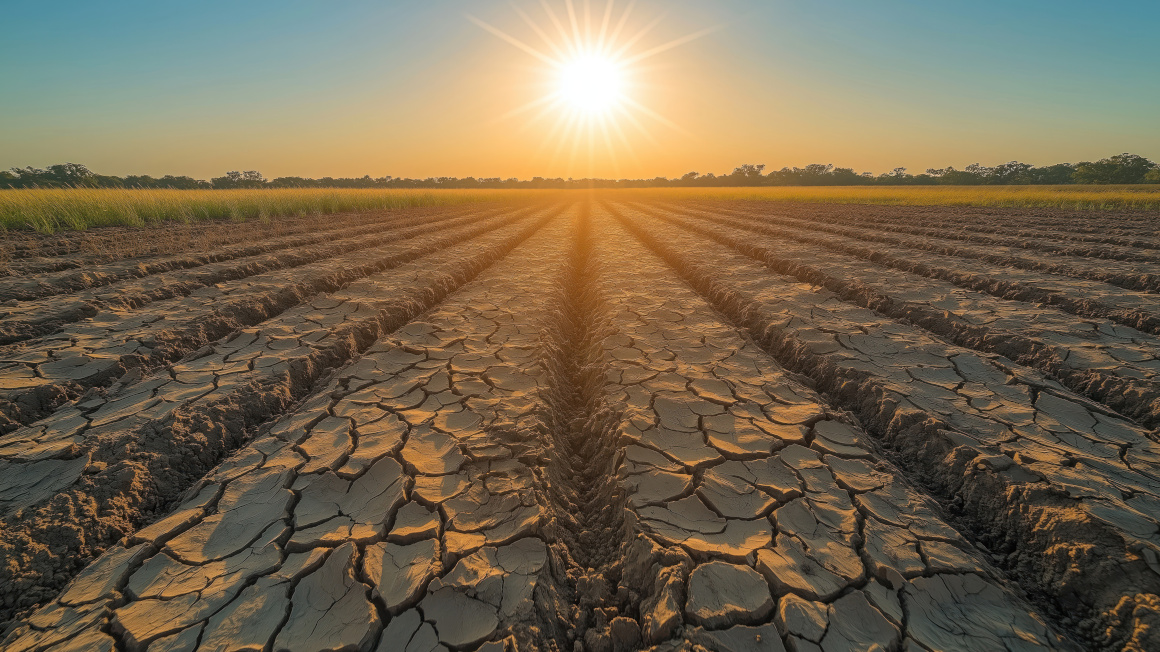Microbial carbon utilization in the soil surprisingly efficient
Microorganisms play a crucial role in carbon storage in soils. This is confirmed by an international study with the participation of researchers in Jena.

Climate change and industrialization put pressure on ecosystems worldwide - including the valuable resource soil. Especially its ability to store important greenhouse gases is being impaired. It has long been known that microorganisms play an important role in the conversion of organic carbon in the soil. However, how biological and environmental processes affect carbon storage in soils was largely unknown until now. An international team of researchers with the participation of the Max Planck Institute for Biogeochemistry in Jena now provides answers.
Focus on efficiency of microbial carbon utilization
To determine the dynamics of soil carbon, the team adopted a novel approach. They examined how microbial carbon use, soil organic carbon storage and various factors such as climate, vegetation and soil properties are related. As the team reports in the journal Nature, microbial carbon use efficiency influences global soil carbon storage and distribution at least four times more than other biological factors or environmental conditions.
"We found that microbial carbon use efficiency is clearly the most important factor for soil carbon storage," said Feng Tao, lead author of the study, who was a visiting researcher at the Max Planck Institute for Biogeochemistry in Jena, Germany, for his doctoral research. The study successfully integrated global datasets, a specific model of microbial processes, data assimilation, machine learning and meta-analysis for the first time to investigate this relationship and determine the efficiency of microbial carbon utilization. For this purpose, the fraction of carbon used by microorganisms for growth was compared to the fraction of carbon used for metabolism.
Central role for carbon storage
The result: When microorganisms use carbon for their growth, it is incorporated into the biomass of the microorganisms and stored in the soil. However, the situation is different when the carbon is used for metabolism. Then it is released into the atmosphere as carbon dioxide and acts as a greenhouse gas. "The study shows how important microorganisms and their properties are for carbon storage and how we can actually capture and assess them with our new strategy, which we proposed years ago," said Markus Reichstein, co-author of the study and director at the Max Planck Institute for Biogeochemistry.
The study is an important contribution to a better understanding of the microbial processes involved in soil carbon storage. According to the researchers, a better understanding of these processes and their dependence on environmental factors could help predict the feedback effects of soil-stored organic carbon on climate change.
bb


